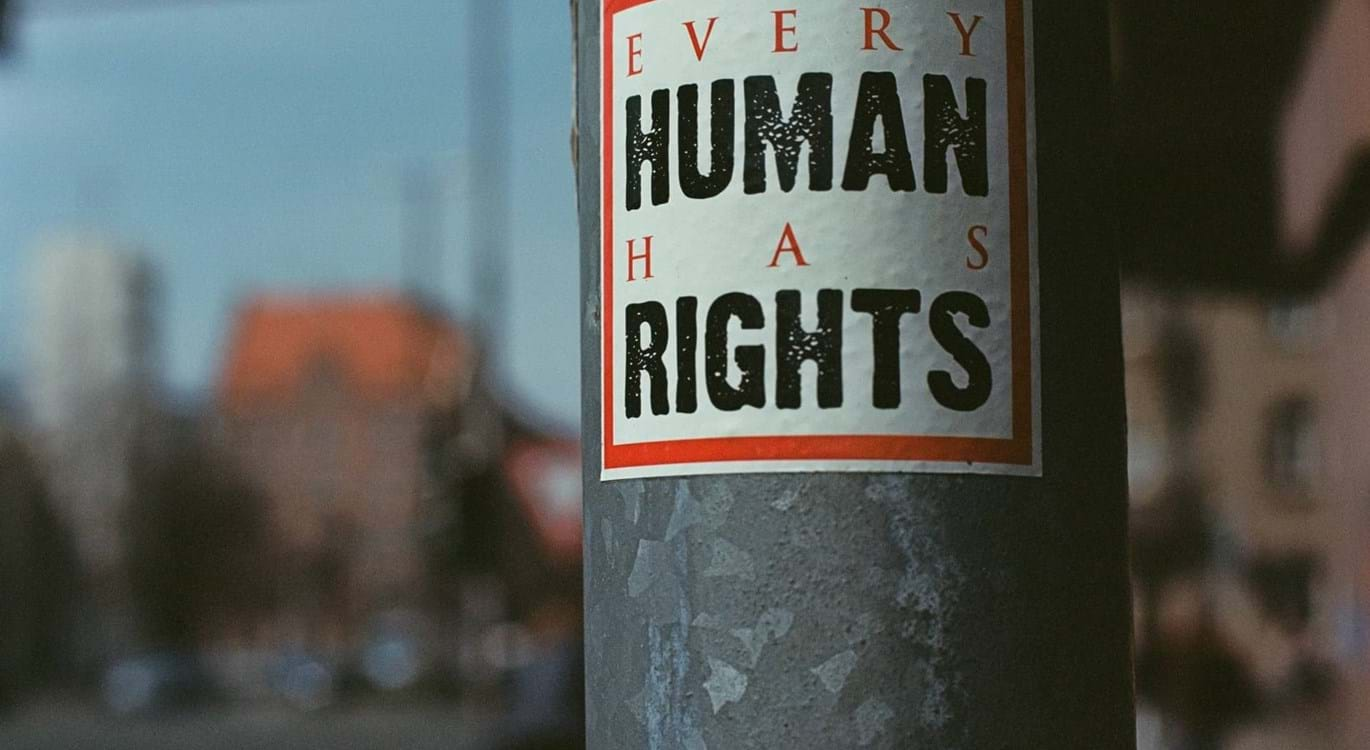If you are having a conversation with someone about culture and current affairs, it is likely that “rights” are going to come up. Gay rights, trans rights, gun rights, abortion rights, women’s rights, disability rights – these are all phrases I have encountered in the news in the past week.
The point of this little article is not to talk about which “rights” are right “rights” and which “rights” are wrong “rights”, but to talk about what “rights” are and where they come from.
A “right” is something that you have an entitlement to. Sometimes people mean no more than they have a legal right to something – that is, under the law of the land I have a just claim to it, but that is not usually what people mean when they talk about rights. Legal rights can be created and conferred by governments, but that means they can also be taken away by governments too. If something is only a right because the law says so, then it ceases to be a right if the law changes. The thing that causes people to march and protest is not their desire for the government to create and confer a right, but their desire for the government to recognise a right that exists apart from human legislation. They are appealing to something transcendent – the current system is unjust.
But how can there be transcendent rights? How can there be unjust laws? If the universe just tumbled into existence without a personal cause and without an objective purpose, then there are no rights or laws other than the ones we make up. In such a universe, might makes right, and we can’t appeal to any standard of justice or any higher authority – there is no standard other than the ones human beings invent and there is no authority above the government.
However, we know that isn’t right. We recognise that there is a standard that is binding upon us. But that can only be the case if there is a God who has created this world for a specific purpose and has given us His law.
So, if I am asked, “What do you think about [insert controversial issue here] rights?” Rather than address the controversial issue, I am going to address the subjects of rights. I will want to say, “That’s an interesting question. What do you think rights are and where do they come from?” And show that we can only make sense of rights by the existence of a righteous God. That means then that our rights are dependent on His will and purpose for His creation.






























